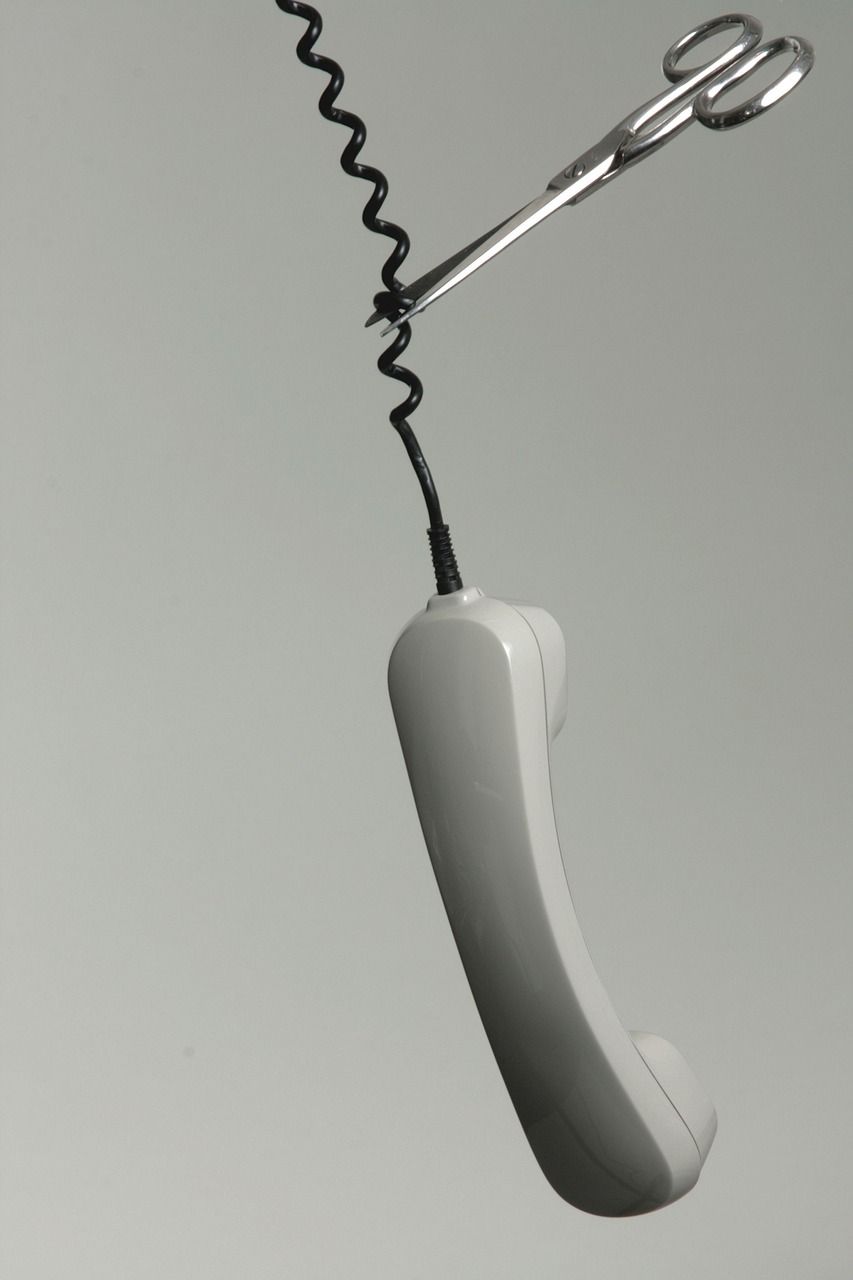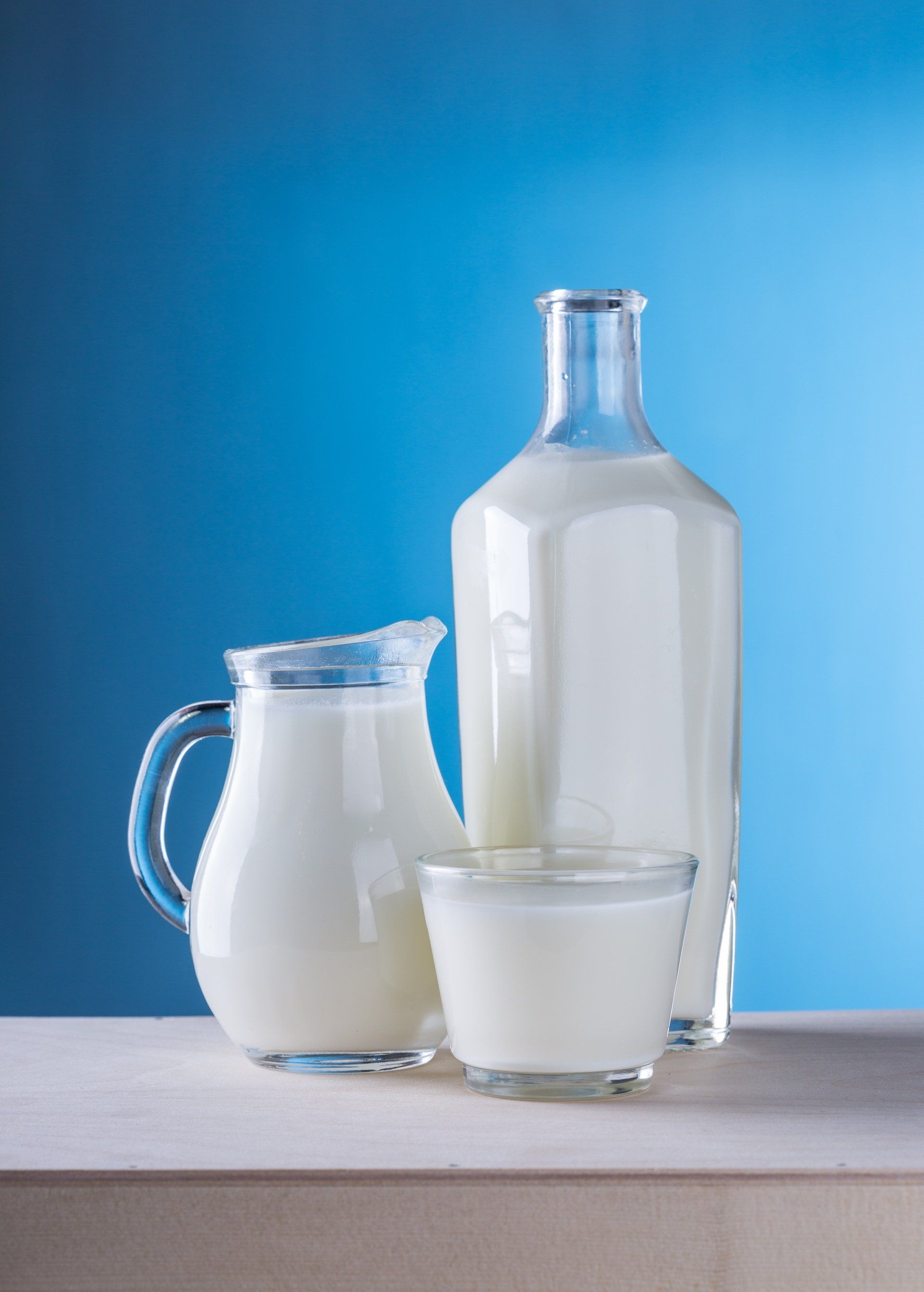The importance of fat
The low-fat diet craze has been going on for decades. Previously I’ve explained that one aspect of the problem of eliminating fat from our diet is that we wind up increasing the amount of sugar we consume in its place. As you might remember from my writings: Is Sugar Toxic ( part 1 and part 2 ), the problems of that are so numerous that it took up two full blog posts!.
However, today I am going to focus on the importance of fat itself. Sure, it does contain 9 calories per gram, which is more than double the amount of calories in protein and carbohydrate (each of them has 4 calories per gram), but fat is much more than just a concentrated source of calories.
I’m sure by now you’ve heard of omega-3 fats; they get a lot of buzz because they are essential fats which our bodies cannot synthesize by ourselves. They are responsible for reducing inflammation, lubricating joints, preventing heart disease, maintaining brain function, and more. We must include them in our diet. The best sources are from fatty fish such as salmon, mackerel, tuna, and herring or from fish oil supplements. Vegetarian sources of omega-3 fats are not quite as well absorbed, but are important to include nonetheless. Good sources include flax seeds, chia seeds, walnuts, canola oil and soybean oil.
Another property of fats is that they are absolutely required for the absorption of fat-soluble vitamins. These include Vitamin A, Vitamin D, Vitamin E, and Vitamin K, as well as a host of carotenoids (eg. beta-carotene) and other nutrients particularly abundant in fruits and vegetables.
In fact, a recent study sought to compare the absorption of fat-soluble vitamins from salad vegetables using different types of dressings. The study used different types and amounts of fats: canola oil (mostly monounsaturated fat), corn oil (polyunsaturated fat), and butter (saturated fat) that were added to salads in dressings with either 3g, 8g, or 20g amounts of the fats. What they found was that the more salad dressing added, the more absorption occurred except with the canola-oil based dressing. In that case, there was an equivalent, yet substantial amount of vitamin absorption at 3 all three levels.
What does this mean? Heart-healthy monounsaturated fats (canola, olive, soy, and various oils from nuts and seeds) are excellent at promoting the absorption of fat-soluble vitamins from salad, even in small quantities. So if you’re trying to cut back on calories, stick with these oil-based dressings and keep the quantity small, but don’t eliminate the fat entirely with a fat-free dressing, because then you’ll be losing out on a significant source of nutrition.
So from various perspectives, the end result appears to be the same. We need fats, but not too much, and we need them from the right sources. Fatty fish, canola and olive oils, and nuts and seeds – everything you need to absorb fat soluble vitamins and get your omega-3’s, and they’re delicious, too!
In case you’re interested in the original study, here’s the link.








Winner of "Best Alternative Medicine/Healing" in 2020
Follow me
Follow Us
Disclaimer: I do not diagnose, prescribe, treat, cure, or heal any physical, mental, or emotional illness(es). I am NOT a licensed Psychologist, Psychotherapist, Psychiatrist, Mental Health Counsellor or Medical Doctor and ALWAYS recommend that clients seek appropriate medical and/or professional help at all times. Any energy healing sessions are an aid to general wellness and are not a substitute for medical treatments or medications. In purchasing any service listed on this web site, purchaser (client) agrees that the service, whether purchased for self or received as a gift, is subject to client’s own interpretation. All information obtained through any service offered on this web site is not intended to constitute professional legal, medical, or financial advice. Actions taken by any client based on any part of the service(s) received are the full and complete responsibility of aforementioned client. Any information provided during these services or any other statements made during same shall be considered confidential and shall not be disclosed except as required by law.
All Rights Reserved | Heal From Your Past
Built With Love By The Awesome People at Flowerpot Marketing




